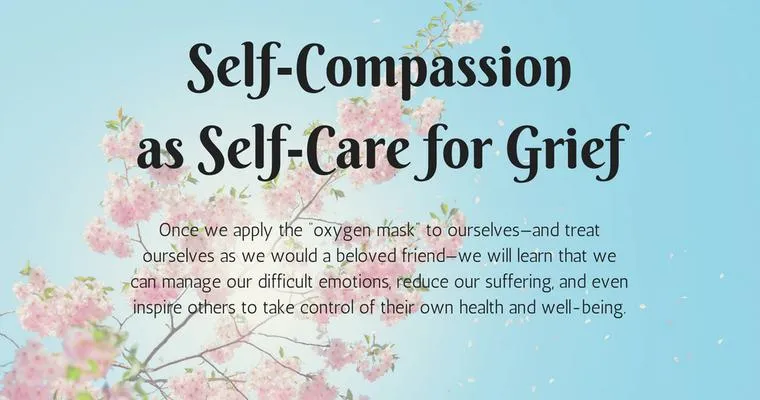Grieving can be an incredibly challenging and "emotionally draining" process. During this time, it is essential to prioritize "self-care" to help navigate the complex feelings that arise. Engaging in self-care while grieving not only allows you to honor your loss but also helps you to heal and regain your strength. In this article, we will explore effective strategies to integrate self-care into your grieving process.
Acknowledge Your Feelings
The first step in practicing self-care while grieving is to acknowledge your feelings. Whether you are experiencing "sadness", "anger", or "confusion", it is important to validate these emotions. Allow yourself to feel without judgment. Journaling can be a beneficial tool during this time, as it provides an outlet for your thoughts and feelings. Writing about your experiences can help you process your grief and gain clarity.
Prioritize Rest and Sleep
Grieving can be exhausting, both mentally and physically. It is crucial to prioritize "rest" and "sleep" as part of your self-care routine. Lack of sleep can exacerbate feelings of sadness and anxiety, making it harder to cope with your emotions. Create a calming bedtime routine that encourages relaxation, such as reading a book or practicing deep breathing exercises. Listening to soothing music can also help you drift off to sleep.
Nourish Your Body
During times of grief, self-care often falls by the wayside, including proper nutrition. However, nourishing your body is essential for emotional well-being. Aim to eat balanced meals that include a variety of fruits, vegetables, whole grains, and lean proteins. Staying hydrated is equally important, so make sure to drink plenty of water throughout the day. If cooking feels overwhelming, consider preparing simple meals or asking for support from friends or family.
Engage in Physical Activity
Incorporating "physical activity" into your daily routine can significantly improve your mood and help you manage your grief. Exercise releases endorphins, which are natural mood lifters. Even a short walk in nature can provide a sense of peace and clarity. Find activities that you enjoy, whether it's yoga, dancing, or swimming, and allow yourself to engage in them regularly.
Seek Support
Grief can feel isolating, but you are not alone. Seeking support from friends, family, or support groups can be incredibly beneficial. Sharing your feelings with others who understand your pain can provide comfort and validation. Consider joining a local or online support group where you can connect with others who are experiencing similar emotions. Professional help from a therapist or counselor can also offer guidance and coping strategies during this difficult time.
Create a Self-Care Routine
Establishing a self-care routine can provide structure and stability during a chaotic time. Set aside time each day for activities that bring you joy and relaxation. This could include reading, taking a warm bath, meditating, or pursuing a creative hobby. By intentionally carving out time for self-care, you create a safe space for healing.
Practice Mindfulness and Meditation
Mindfulness and meditation can be powerful tools for coping with grief. These practices encourage you to stay present and acknowledge your feelings without becoming overwhelmed. Consider dedicating a few minutes each day to mindfulness exercises, such as deep breathing or guided meditation. There are many apps and online resources available to help you get started.
Memorialize Your Loved One
Finding ways to honor and remember your loved one can be a meaningful part of the grieving process. Consider creating a memory box filled with photos, letters, and mementos that remind you of your time together. Participating in rituals or ceremonies that celebrate their life can also provide a sense of closure and healing.
Conclusion
Engaging in self-care while grieving is not only important for your emotional health but also essential for your overall well-being. By acknowledging your feelings, prioritizing rest, nourishing your body, seeking support, and creating a self-care routine, you can navigate your grief with greater ease. Remember, it is okay to take your time and be gentle with yourself during this difficult journey. Embrace the process of healing, and allow self-care to guide you towards a brighter future.





